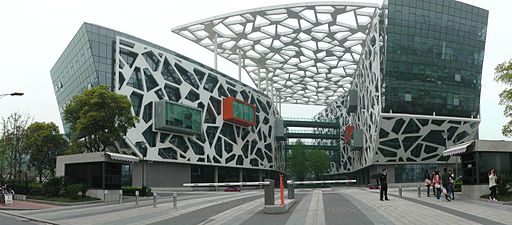
While Alibaba has declined to comment on why it moved its IPO from Hong Kong to New York City, its decision is largely based on a disagreement between company executives and the Hong Kong Securities and Futures Commission. Unlike Hong Kong’s stock exchanges, the NYSE and the NASDAQ do not maintain a one-share per one-vote standard, allowing Alibaba’s key partners to maintain control over its board of directors.
Holding its IPO in the United States could also facilitate future acquisitions of American companies. Its recent investments in the Silicon Valley start-ups Tango and AutoNavi indicate that Alibaba is seeking market expansion at the international level. More than just a middleman between sellers and buyers, Alibaba allows its customers to pay bills, buy insurance, and even take out loans. Its wide range of services and competitive pricing structure are enticing to both consumers and venders. Moreover, Alibaba’s capital is substantial. In the past fiscal year, its estimated sales exceed $420 billion, which dwarfs the combined revenue of Amazon and eBay. Further, it boasts 300 million customers across China – a number that will surely grow in accordance with increased Internet penetration.

Yet, Alibaba’s main obstacle to success may be the Chinese Communist Party. Consider yuebao, Alibaba’s financial investment service that provides a 5% return on risk-free investments. Yuebao offers a fantastic yield in China where millions of laymen deposit their hard-earned yuan into bank accounts only to see its real value depreciate from an inflationary tax. As Yuebao continues to threaten Chinese banks’ monopoly on savings, its days may be numbered before the Communist Party intervenes. Only time will tell if Alibaba can fend for itself in the vast ocean of e-commerce. Continued expansion within China and throughout the developed and developing world may prove impossible. One thing is for certain: Alibaba’s biggest threat to global development no longer lies in America, but in Beijing’s Politburo.
The views expressed by the author do not necessarily reflect those of the Glimpse from the Globe staff and editorial board.







